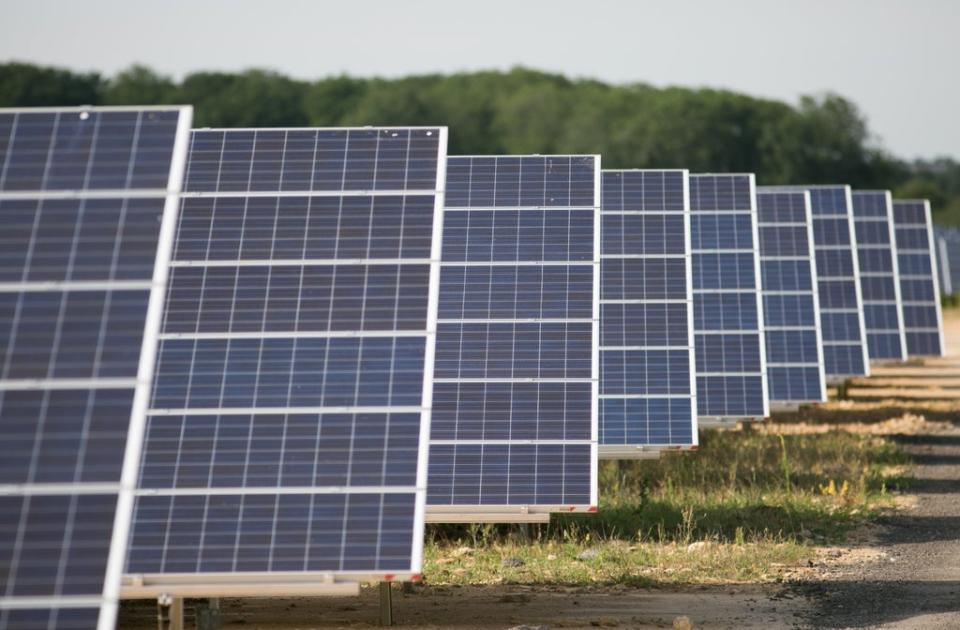Repeat wind and solar revolution with new green tech, academics say

Green technologies such as electric cars and green steel need the same kind of policies to back them up as wind and solar had in past decades, academics have said.
The current methods used to decide whether green technologies are biased towards the status quo, their report also said.
It added that wind and solar developed into viable sources of cheap energy despite these methods, not thanks to them.
Academics from Oxford and Cambridge universities, UCL and others called on politicians to drive change by intervening in the market.
They said that the cost of green technologies such as solar and wind power, and LED lighting, had been driven down dramatically due to policies aimed to directly support them.
Governments should adapt the same approach to accelerate new industries, including electric vehicles and green steelmaking, they said.
Current systems that weigh costs against benefits are “impractical,” the report claims, given how many uncertainties they have to weigh up.
“The policies that drove major breakthroughs in low-carbon technologies like wind and solar, were challenged by traditional economic advice, which ignored the role of innovation, framing climate policy as costly,” said Michael Grubb at University College, London, who co-authored the report.
“We need to learn from these successes that delivering ‘net zero’ will require more sophisticated economic understanding of innovation and transition, more widely applied.”
“This report provides a new framework to better assess new technology opportunities and the risks of inaction to inform smarter government interventions.”
The report’s authors said that Government policies that were initially discouraged by economic analysis, have helped make wind cheaper than some fossil fuels.
Solar panels were described as the most expensive way of reducing carbon emissions in 2014, the report said, but it is today 85% cheaper than a decade ago and is competitive with fossil fuels.
They proposed a different framework, which pits risks against opportunities, rather than costs against benefits.
“We need to assess the benefits of innovation, which are opportunities … there are also risks that we create a society or a system which is fragile. For example, is our power system reliable? Is the industry able to cope with changes?” said Exeter University’s Jean-Francois Mercure.
“That’s a much stronger framework to advise policy that is resilient and sensible, to really address the challenges.
“It doesn’t sweep things under the carpet, or doesn’t ignore things because they’re not quantified, or doesn’t ignore some benefits because we have no methodology to assess them, it’s a more general framework.”
Mr Mercure is director of the Economics of Energy Innovation and System Transition (EEIST), a partnership between global researchers which produced the report.

 Yahoo Finance
Yahoo Finance 